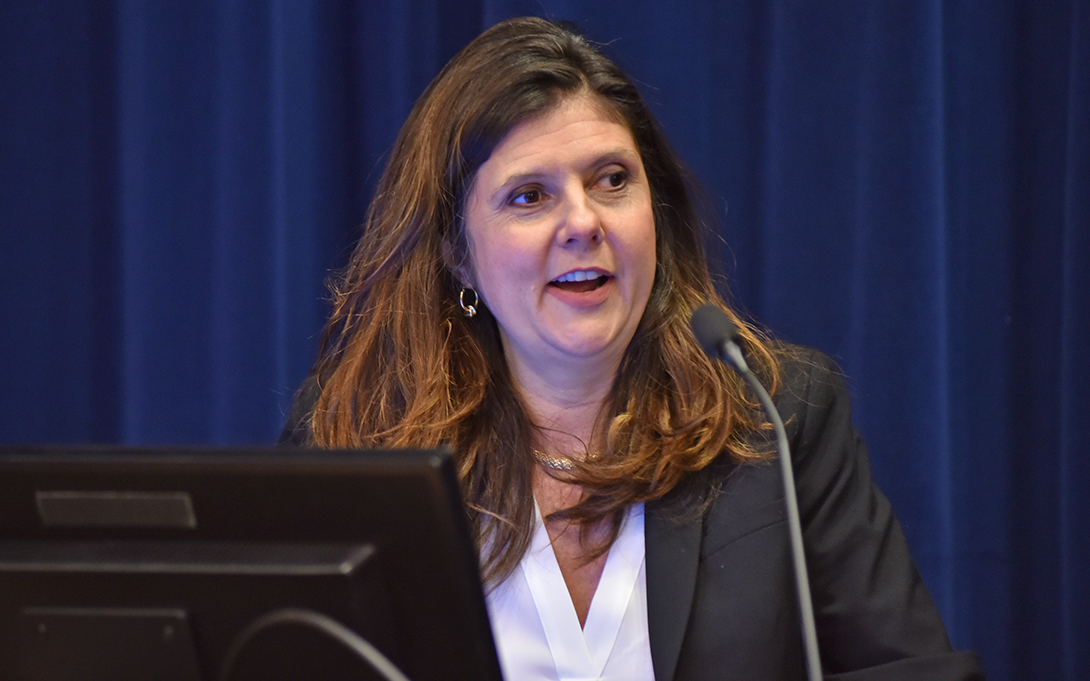
The Biden administration’s $1.9 trillion relief package raises many questions. CNN quoted Stevenson supporting the package's temporary provisions lifting low-income families which are "really the foundation of setting up a fairer society."
She notes that, "At some point, we've got to raise revenue to pay for these things."
Bloomberg notes the relief “may come too late for many women who have already left jobs.”
“If we think about things like education, and health services, 78% of those jobs are held by women,” says Stevenson. “And that got hit really hard in this pandemic.”
A story on WKYC calls the burden on women is a betrayal. "They're not determining the choices. We as a society are determining the choices,” Stevenson says. She says Congress must act to build the on-ramps moms will need to get back to work
Are economic difficulties causing a rise in the divorce rate? Stevenson lends her analysis to the measurement of that issue as well. To determine the real divorce rate, sociologists have looked to compare the number of divorces that happen in a year with the number of marriages in a year, or comparing the flows in and out, Stevenson tells MSN.
“If the same percentage of people marry every year, it should balance out, is the thinking,” she says. “But it ignores how many people are already married. If 100 people get married this year and 100 people divorce, the divorce rate is 100 percent.”
It might be wise, then, to look at divorce rates in the appropriate context rather than inflate their importance, especially when family formation patterns are changing over time, Stevenson adds.
“People should think about how they define success,” she says. “Is it never divorcing, or 30 years of marriage in which most are pretty good but after 30 years you decide to go in a different direction? I think it’s a hard question, particularly when there’s a lot of longevity.”
You can read the full articles:
- The Mother Load: How can we help working moms?, WKYC, February 26
- What Is the Divorce Rate in America?, MSN, February 25
- As Women Drop Out of Labor Market, Moms Call for More Aid, Bloomberg, February 23
- Biden faces the $1.9 trillion question: Is it too much?, CNN, February 21

